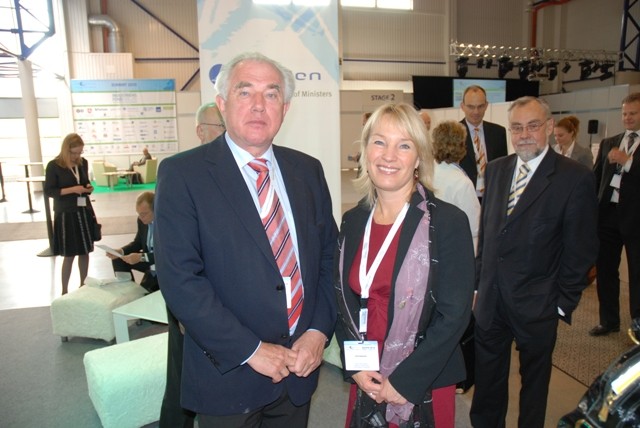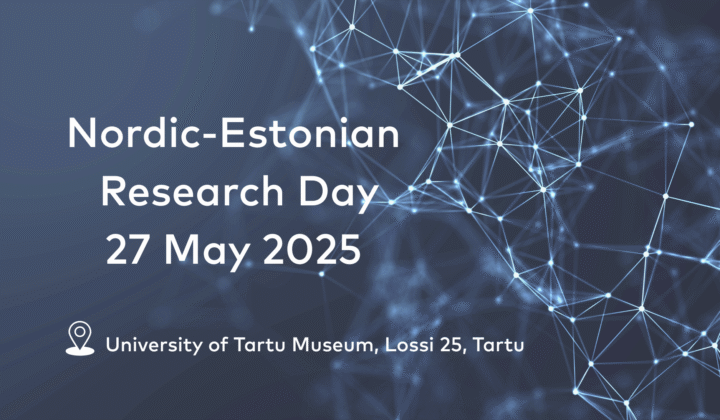Danish Minister of Foreign Affairs sees cooperation between Nordic researchers as inspiration for Baltic countries

|
The Top-Level Research Initiative is part of NCM’s globalisation programme, which aims at jointly meeting the challenges of globalisation, especially within the areas of climate, energy, health and welfare. The initiative consists of six sub-programmes: |
| – impact studies and adaptation to climate change; – interaction between climate change and the cryosphere; – integration of large-scale wind power projects; – sustainable bio-fuels; – energy efficiency with nanotechnology; and – CO2capture and storage. For the purpose of conducting major studies in these areas, NCM has allocated 400 million Danish kroner over five years. In Espersen’s view, more attention should be paid to jointly promoting the Nordic countries abroad. An opportunity to do this is through the Nordic Globalisation Forum, which is similar to the Davos World Economic Forum. At the recent Globalisation Forum, the prime ministers of the Nordic countries decided to set up a working group whose task is to identify the strengths of the Nordic countries in achieving green growth. Ene Ergma, the speaker of the Estonian parliament, addressing the audience at a high-level conference dedicated to the Baltic Sea Strategy held in Tallinn in March, said that the Baltic countries should establish a common research space, part of which could be a Baltic Sea Technology Institute studying such areas as information, bio- and nanotechnology. “Instead of competing against one another, we should be working more closely together and rivalling the research centres of bigger countries,” she said. | ||
| related links: | ||


